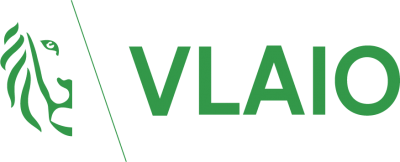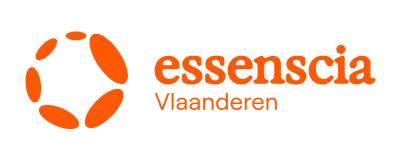Topics
We organise our actions in six thematic & strategic agendas:
Strategic Agendas:
Bio-economy
Circular Construction
Chemicals/Plastics
Manufacturing Industry
Food Chain
Water Cycles
Seven leverages provide additional support:
Leverage effects:
Lever Policy Instruments
Lever Circular Procurement
Lever Communication
Lever Innovation & Entrepreneurship
Lever Financing
Lever Jobs & Skills
Lever Research
What, why and how?
Why are we pursuing a circular economy?
Future visions 2050
How do we see our circular future?
About our management
Who steers what at Flanders Circular?
Ecoshell: insulating with shells
As loose fill, drainage layer or as a garden path: Ecoshell ensures that broken shells have a circular application.
If it depends on Ecoshell, the days of pur and EPS are over. Builders today want efficient solutions that are people- and environment-friendly. Like broken shells, for example. Ecoschelp extracts shells from the North Sea and Eastern Scheldt, then uses them as insulation material, filler or drainage layer.
Shells are a completely natural and renewable resource. Ecoschelp sucks them up from the sea from a ship. Once on board, they go through a sieve and receive a thorough washing. On shore, they are again sieved and washed with fresh water. In this way, no salt residue remains and the fauna and flora are minimally disturbed. Moreover, shells are regrowthable: mollusks make plenty of new specimens every year. So the supply is effectively unlimited.
Reusable and affordable
The fact that the shells are not processed is not only good for your health. It also allows you to return them to nature after use, where they biodegrade. Moreover, by placing them loose, you can easily reuse them. They are basically recyclable, but their application makes reuse more interesting. The environmental impact is also lower.
Also not unimportant: insulating with shells is cheaper than with traditional materials. The raw material is cheap, transportation costs are low because it is a local product and installation is easy.

















